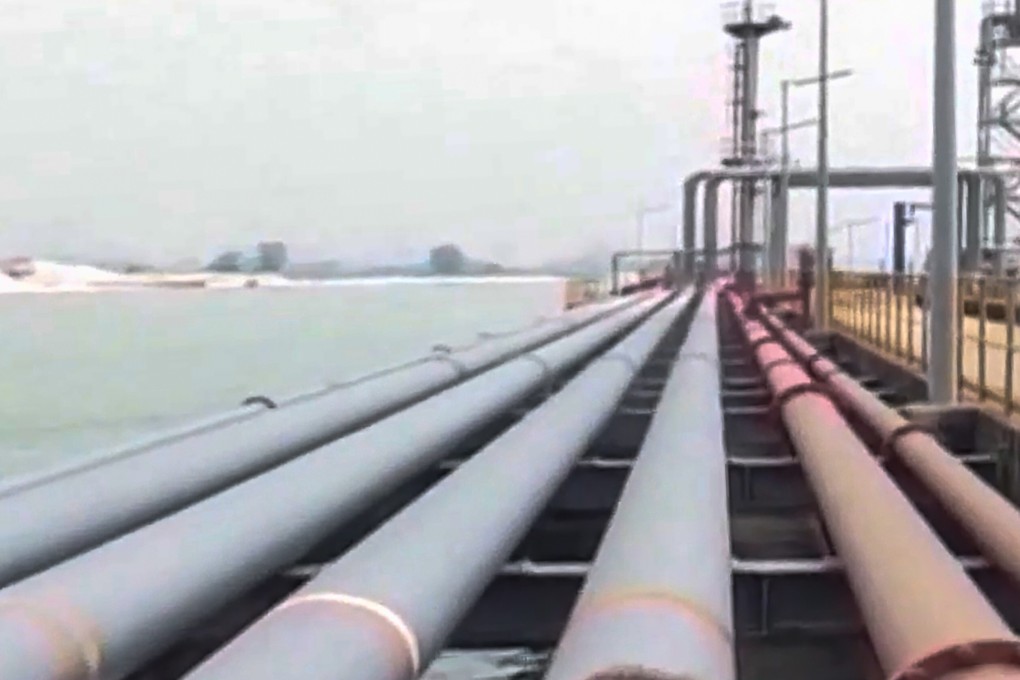Work begins on Nigeria’s China-funded US$2.8 billion gas pipeline
- President Muhammadu Buhari says project is dear to the Nigerian people and must succeed at virtual launch via video link
- The 200km first phase is expected to be completed in two years and revitalise the country’s industries

Nigeria has started construction of a US$2.8 billion Chinese-funded pipeline that will boost energy supply in a country dogged by power shortages, despite being Africa’s largest oil and natural gas producer.
The project – launched on Tuesday by President Muhammadu Buhari with a virtual flag-off via video link – will be Nigeria’s biggest domestic gas transmission infrastructure and is expected to revive moribund industries along its route.
Buhari said the Ajaokuta-Kadana-Kano (AKK) pipeline would provide gas for electricity generation and for the development of gas-based industries. Nigeria currently generates less than 7,000 megawatts – not enough to power its households and heavy industries.
The AKK pipeline is the first section of the 614km Trans-Nigeria Gas Pipeline (TNGP), which has the financial backing of Chinese banks and China Export & Credit Insurance Corporation (Sinosure) and will add 3,600MW to the national grid.
Sinosure is providing insurance cover for 85 per cent of the total cost, estimated at US$2.89 billion. Nigeria is borrowing US$2.6 billion from the Bank of China at the Libor (London interbank offered rate) plus 3.75 per cent, for 12 years.
The remaining US$434 million will come from the Nigerian Gas Company, a subsidiary of the Nigerian National Petroleum Corporation (NNPC).
Two consortiums of Nigerian and Chinese companies will construct the pipeline – Brentex/China Petroleum Pipeline Bureau and Oilserve/China First Highway Engineering Company.
“I would like to commend the government of the People’s Republic of China, our financiers and contractors for your support to deliver this important project,” Buhari said.